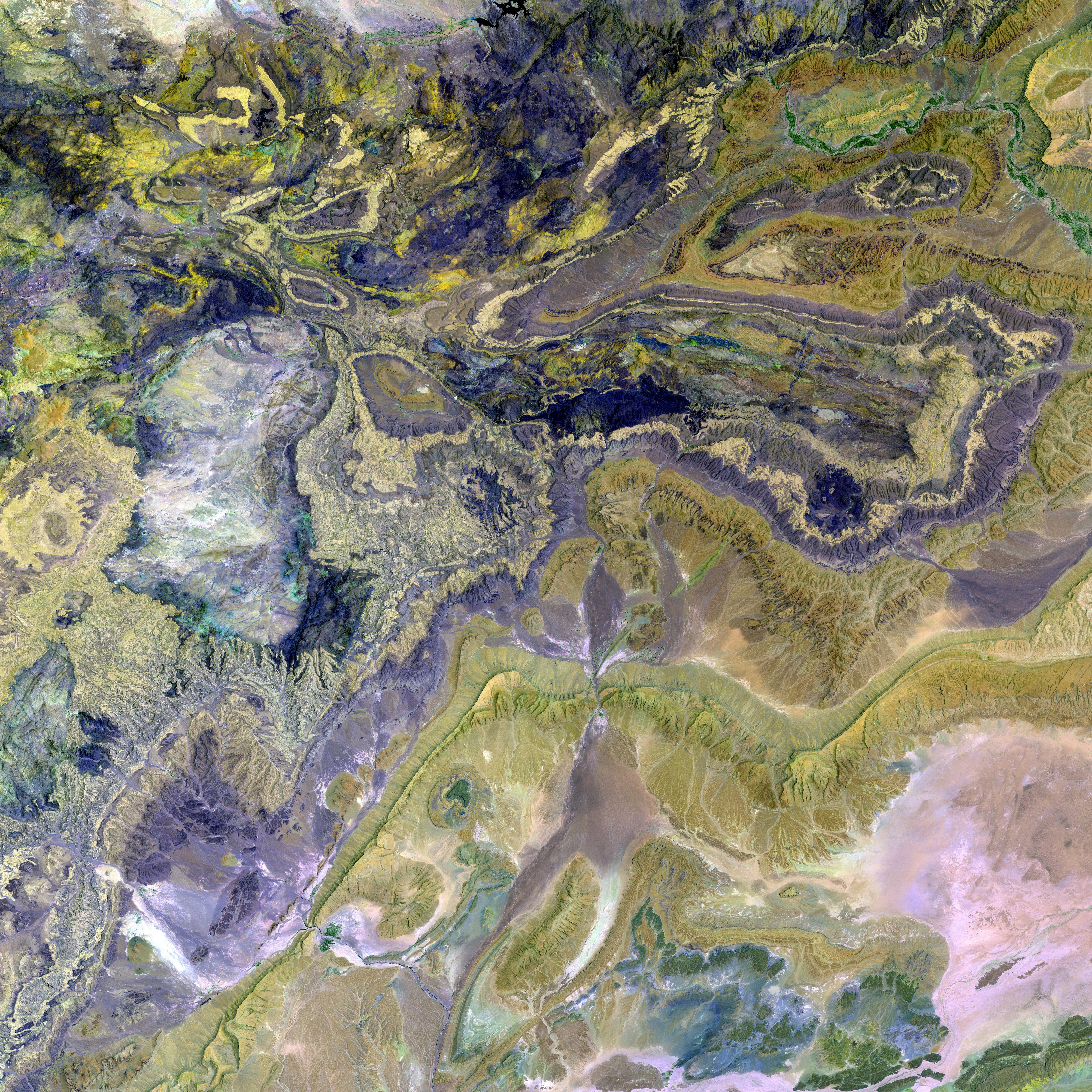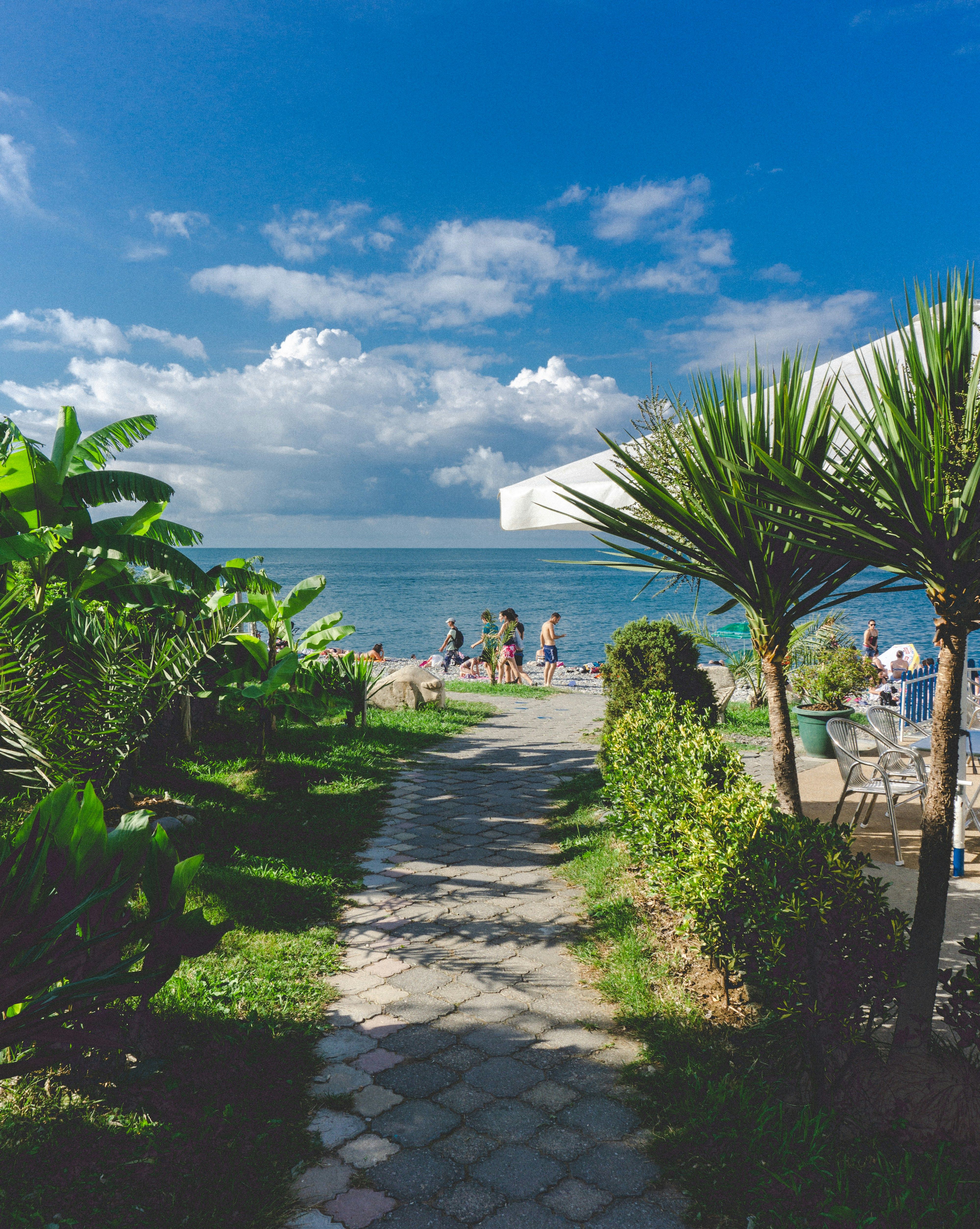Rejuvenating Argentina's Economy: The Case for Legalizing Black Money
Secret Methods to Prop Up Argentina's Economy with Hidden Funds - Argentina's Controversial Money-Saving Plan: Black Money Involvement
By Christine Leitner
In the heart of South America, Argentina faces an economic predicament, with inflation spiking living costs and thwarting the purchasing power of its citizens. For many Argentines, once-affordable beef, a staple of the nation, has become a luxury.
"The rise in prices for a variety of goods has surged by more than 50 to 100 percent," trader Eduardo Perez explained in a recent interview with the "Global Times" magazine. With excessive expenses, shoppers are left comparing prices across supermarkets and often left choosing only the essentials. In place of beef, the default choice is now chicken.
Argentina currently boasts the highest inflation rate globally, once reaching a disheartening 290 percent in April 2024. While the curve has since subsided to the double-digit range, a damaging mistrust of the peso and local banking institutions persists among Argentines. Their response? Hiding their savings and investments in foreign currencies. Estimates indicate that there are more US dollars in circulation in Argentina than any country outside the United States, with citizens holding between 250 and 400 billion dollars in cash or abroad.
A Dollarized Economic Rescue?
Upon taking office, President Javier Milei vowed to reduce Argentina's budget deficit and reinvigorate its ailing economy. Proposing to replace the faltering peso with the dollar, Argentina would follow in the footsteps of countries like El Salvador, Panama, and Ecuador, which employed similar strategies to achieve stability.
However, Argentina faces hurdles that other countries have not grappled with: a depleted store of foreign exchange reserves, towering debt, and a government lacking the vision to implement the transition effectively. Despite these challenges, citizens have turned to a burgeoning black market in Buenos Aires, where they exchange their pesos for dollars in a bid to shield themselves from currency fluctuation.
A New Lease of Life for Black Money
With an eye on stimulating economic growth, President Milei now tackles the very black market that has thrived in Argentina's economic downturn. He suggests that legalizing this undeclared money could experience a profound impact on growth.
The government plans to scale back or abolish reporting requirements introduced in 2019 through decrees and a bill. Transactions exceeding a certain sum were once subject to tax authorities' scrutiny, as was the case with real estate and car sales. These so-called capital controls were designed to prevent the collapsing peso but only added complexity to the black market/official exchange rate divide.
"By legalizing black money but without taxation, we're providing people the freedom to utilize their dollar holdings," Argentina's President Milei clarified in a recent television interview, emphasizing these funds' potential to invigorate the economy. It remains uncertain whether this measure will ultimately profit everyone, as the economic situation in Argentina continues to teeter on instability, with escalating inflation and rising living costs. With average wages hovering at around 200 euros monthly, many struggling Argentines may struggle to swing a few dollars for exchanges.
- Argentina
- Economic Stability
- Javier Milei
- Inflation
- Black Market
Enrichment Data Integration
- In private hands, the US dollar is dominant across Argentina, with an estimated 250 to 400 billion dollars in circulation. This abundance arises from decades of malign trust in the national currency, the peso, and the local banking sector, marred by enduring high inflation and debt. With little confidence in these institutions, Argentines have preferred to hoard dollars outside the formal economy rather than in banks.
- Milei's auspicious plan to cushion the economy hinges on ameliorating these capital controls and legalizing the vast black-market dollar holdings. By doing so, the government hopes to flood the formal economy with much-needed funds, potentially escalating consumption and investment, and catalyzing growth. The approach prioritizes liquidity rather than tax revenue, foregoing taxation on these dollars.
- An unavoidable question remains: Will all citizens truly benefit from these revitalized funds? As inflation continues to undermine Argentina's economy, wages remain stagnant, leaving workers with little leftover to exchange for dollars. Moreover, relaxed capital controls could propel fiscal deficits and ignite inflationary pressures unless paired with broader economic reforms.
- The historical context of fiscal instability and currency volatility underlines the challenge of bolstering Argentina's economy through such measures alone. Nevertheless, Milei's actions demonstrate a determination to tap into this vast reservoir of black money to salvage Argentina's faltering economy, even while acknowledging the potential risks such a move entails.
- In order to boost Argentina's economy, President Javier Milei proposes to legalize the vast amounts of undeclared dollars in circulation, improving liquidity and potentially stimulating consumption and investment.
- As the government seeks to aid economic growth by providing citizens with the freedom to utilize their dollar holdings without taxation, questions remain about whether all Argentines will truly benefit, given the persisting economic instability and low average wages.





